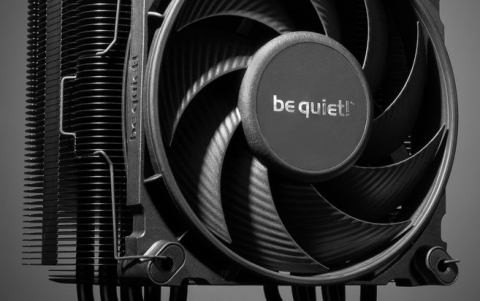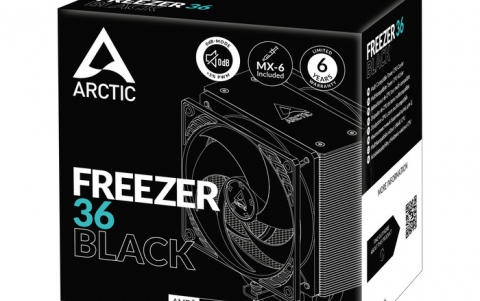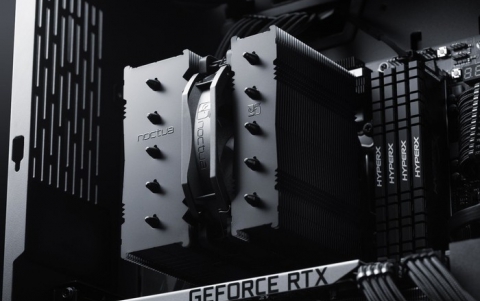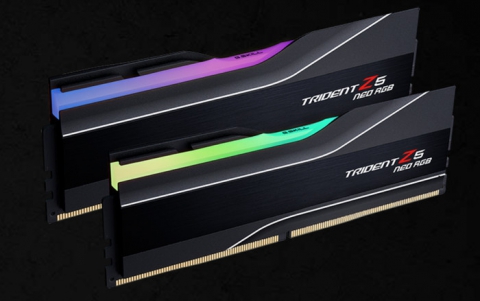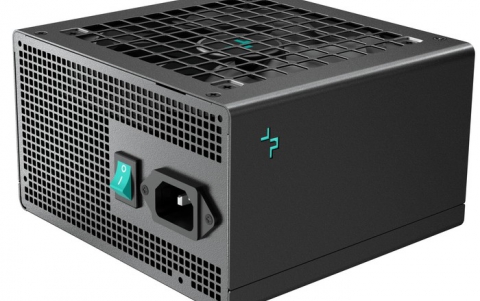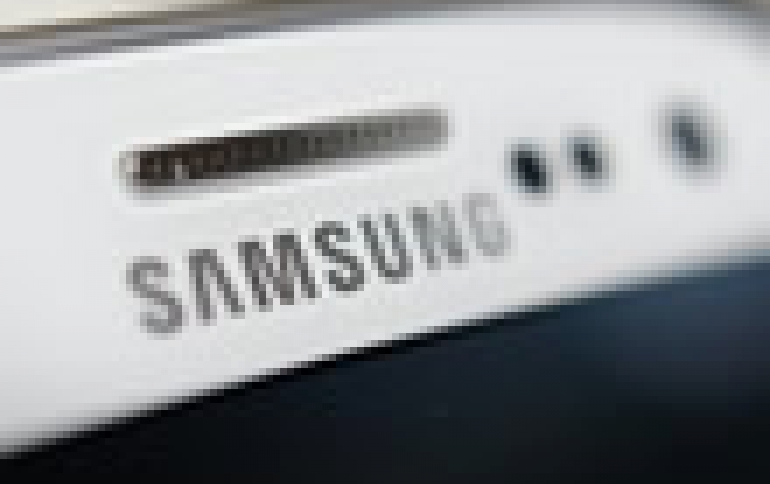
Samsung Announces First Quarter Results
Samsung Electronics on Tuesday said it expected stronger earnings in the second quarter as a pickup in sales of high-end televisions and smartphones spurs growth, after it posted its second straight fall in quarterly profit. The company announced revenues of 53.68 trillion Korean won on a consolidated basis for the first quarter ended March 31, 2014. Samsung’s revenue slipped 9 percent quarter-on-quarter due to weaker seasonality but saw gains compared with the same period last year.
For the quarter, the company posted consolidated operating profits of 8.49 trillion won, representing a 2-percent increase on-quarter. Consolidated net profit for the quarter increased by 270 billion won to 7.57 trillion won.
Although market demand for electronics devices such as smartphones and tablets in the January-March quarter is traditionally slow, profit margins for Samsung’s IT & Mobile Communications (IM) division were driven by strong demand for smartphones and efficient management of marketing expenses, as well as a net positive impact from adjustments to reserve items that accounted for 1 percent of the mobile unit’s revenue.
Despite the overall decline in market demand, Samsung's Semiconductor Business continued its profitability momentum driven by the expansion of the 20-nanometer-class process migration and a greater appetite for DRAMs used in servers and for graphics solutions.
Samsung expects to see profits rally in the second quarter and beyond, on the back of improved sales of display panels and home appliances. Orders for display panels that are used for premium smartphones and TVs are expected to increase, as new mobile devices are rolled out into the market and as consumers look forward to the upcoming World Cup in Brazil. The outlook for household appliances will also pick up on seasonal demand for air conditioners, as well as orders for high-end TVs based on the World Cup effect.
To sustain growth throughout this year and in 2015 Samsung will strengthen its core business areas with differentiated products through expansion of the next generation V-NAND market by honing in on not only the enterprise business but also the consumer-focused SSD market. For System LSI, Samsung expects to gain a competitive edge with application processors with 14-nanometer process technology.
Samsung is also poised to expand its new product categories such as wearable devices, strengthen its B2B business footprint through Knox and in the education market and make advancements in its ecosystem for device connectivity.
For OLED panels, weak seasonal demand led to a decline in sales for the first quarter. Concerning the outlook for the second quarter, Samsung expects to increase shipments of larger and higher resolution panels for tablets and mass-market smartphone lineups. The company will also focus on the production of flexible panels and expanding the applications of OLED to the emerging wearable devices category.
As for smartphones, Samsung continued to see solid sales of GALAXY S4 and GALAXY Note 3 while also strengthening its premium product portfolio through the introduction of a new flagship smartphone, GALAXY S5.
Samsung's smartphone shipments rose 28 percent to 89 million units in the first quarter, but the world's top handset maker lost market share to Chinese and other rivals, research firm Strategy Analytics said on Tuesday.
Samsung's smartphone market share fell to 31.2 percent from 32.4 percent a year ago, followed by Apple which dropped to 15.3 percent from 17.5 percent, Strategy Analytics said.
China's Huawei Technologies had 4.7 percent market share, unchanged from the previous year, while Lenovo Group Ltd boosted its share to 4.7 percent from 3.9 percent.
Looking at Samsung's tablet business, the company maintained solid tablet sales momentum by shipping nearly 13 million units during the slowest quarter and reinforced its mid to high-end lineup, including launches of the premium GALAXY Note PRO and GALAXY Tab PRO devices equipped with 12.2-inch displays, office functionalities and PC-level performance.
For the next quarter, Samsung expects smartphone and tablet demand to slightly increase under continued weak seasonality, but Samsung will maintain solid earnings momentum through full-fledged global sales of GALAXY S5.















